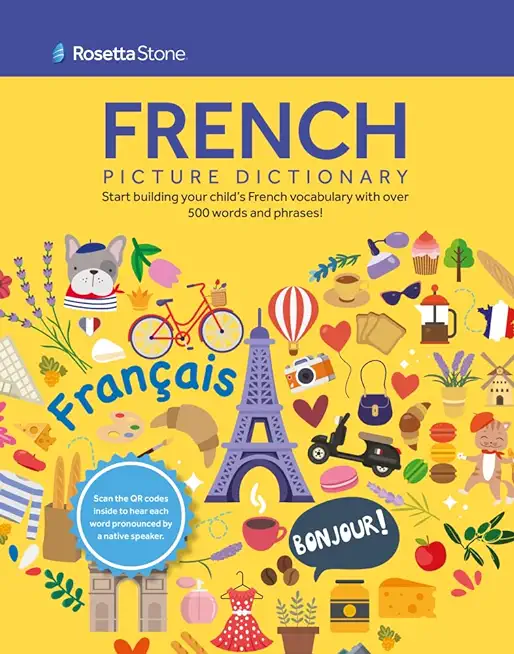
Carter, Nicolas
product information
description
5Unique, practical and straightforward way to learn music theory and discover how music really works. Newly updated and massively expanded edition with new content, exercises and images. This book also features the links to audio examples (hosted on external website). These examples allow you to hear the relevant music theory concepts and understand them better! Have you ever wanted:
But...
If you find yourself in any of this, then this book is the answer you've been looking for. It covers pretty much everything that anyone who plays or wants to play music should know. It is the book to have if you want to become a better musician, and have by your side as an immensely useful reference of knowledge. This book is structured in a way that makes it very easy to follow, digest and internalize all important concepts that constitute music theory. What's great is that you don't have to be a college musician in order to understand and use any of this - anyone can do it, even a total newbie. It also doesn't matter what instrument(s) you play, nor your current level of knowledge and playing ability, because music theory is universal and all about what sounds good together! Anyone can benefit from it. It explains the WHY and HOW, and it is your roadmap - a skill and a tool, guided by your ears, for creating your best music. This is the most comprehensive and evergreen book on music theory that you can find - a book you'll wish to study and refer to often, and keep it forever. You'll also wish to gift it your friends and discuss about its content with other musicians.
It will give you what is necessary to become an expert in music theory without frustration and feeling overwhelmed in the process, and this in-turn will have immense benefits to your playing and musicianship! But don't take my word for it, use the Look Inside feature by clicking on the book cover to get a preview of what you'll find inside. Get this book now and solve all your problems with music theory!
- To know how music theory can make you a better player (on any instrument)?
- To understand how music works, why we have 12 notes, how they relate to each other and why we use intervals with imperfect resonance?
- To understand how music theory is not just some made up rules we invented out of thin air; how it's actually based on the natural laws and stems from natural occurrences, like overtone series?
- To unlock the mysteries of notes, intervals, music scales, modes, keys, circle of fifths, chords and chord progressions, rhythms and other important concepts in music, and how they all relate to one another?
- To get a deep understanding of scales, modes and chords, where they come from, what are the different types that exist, how they're built, and how to use any chord or scale in your playing?
- To learn how to form, name and play any chord that is possible to play?
- To learn how rhythm works and how to master your rhythm and timing skills that will make you sound like a pro on any instrument?
- To understand harmony and the magic behind all the beautiful music that you love and how you can (re)create it by yourself?
- To get a wider perspective on tonal harmony and how melody, harmony, and rhythm work together?
- To understand composition and improvisation, and how to use voice leading and chord inversions to create beautiful harmonies?
- To get a grasp on the advanced concepts (such as modal playing, atonality, polychords and polytonality, free music, etc.) that usually only advanced jazz musicians may consider using?
But...
- Have you ever had trouble learning music theory or thought that it was unnecessary, boring or too hard to learn?
- Have you perhaps thought using intellect will be bad for your playing?
If you find yourself in any of this, then this book is the answer you've been looking for. It covers pretty much everything that anyone who plays or wants to play music should know. It is the book to have if you want to become a better musician, and have by your side as an immensely useful reference of knowledge. This book is structured in a way that makes it very easy to follow, digest and internalize all important concepts that constitute music theory. What's great is that you don't have to be a college musician in order to understand and use any of this - anyone can do it, even a total newbie. It also doesn't matter what instrument(s) you play, nor your current level of knowledge and playing ability, because music theory is universal and all about what sounds good together! Anyone can benefit from it. It explains the WHY and HOW, and it is your roadmap - a skill and a tool, guided by your ears, for creating your best music. This is the most comprehensive and evergreen book on music theory that you can find - a book you'll wish to study and refer to often, and keep it forever. You'll also wish to gift it your friends and discuss about its content with other musicians.
It will give you what is necessary to become an expert in music theory without frustration and feeling overwhelmed in the process, and this in-turn will have immense benefits to your playing and musicianship! But don't take my word for it, use the Look Inside feature by clicking on the book cover to get a preview of what you'll find inside. Get this book now and solve all your problems with music theory!
member goods
No member items were found under this heading.
notems store
Return Policy
All sales are final
Shipping
No special shipping considerations available.
Shipping fees determined at checkout.







